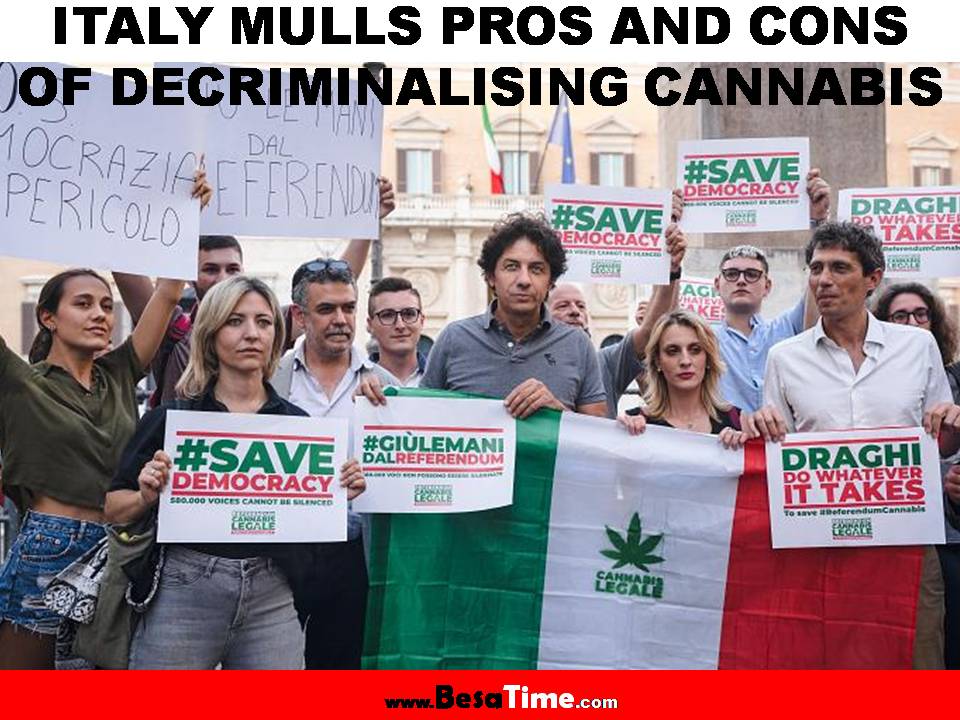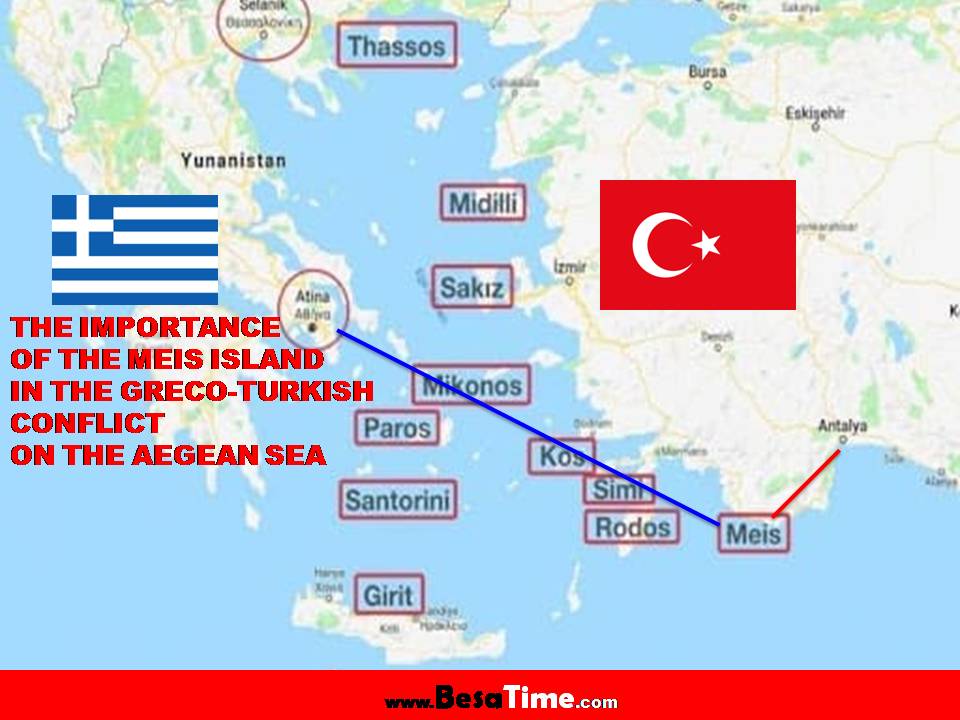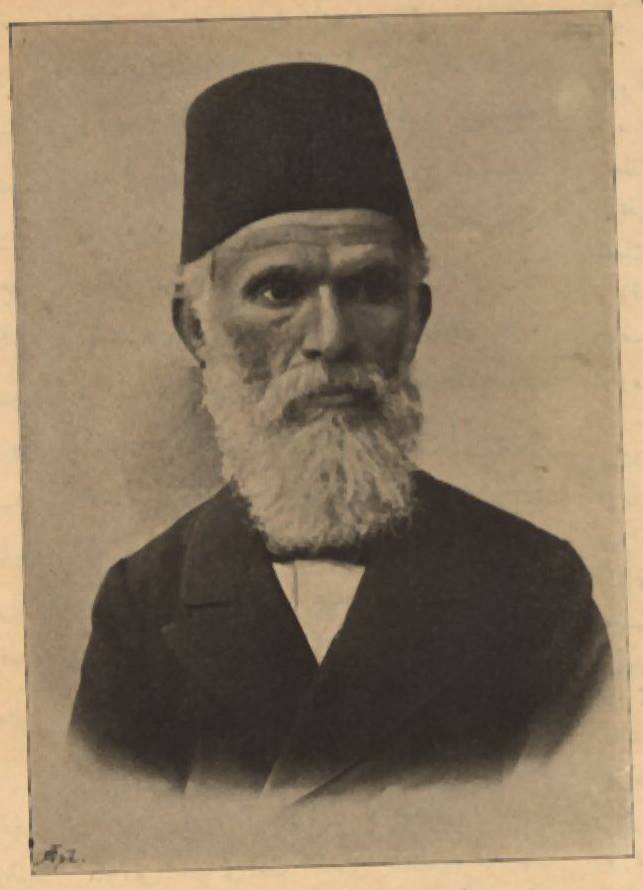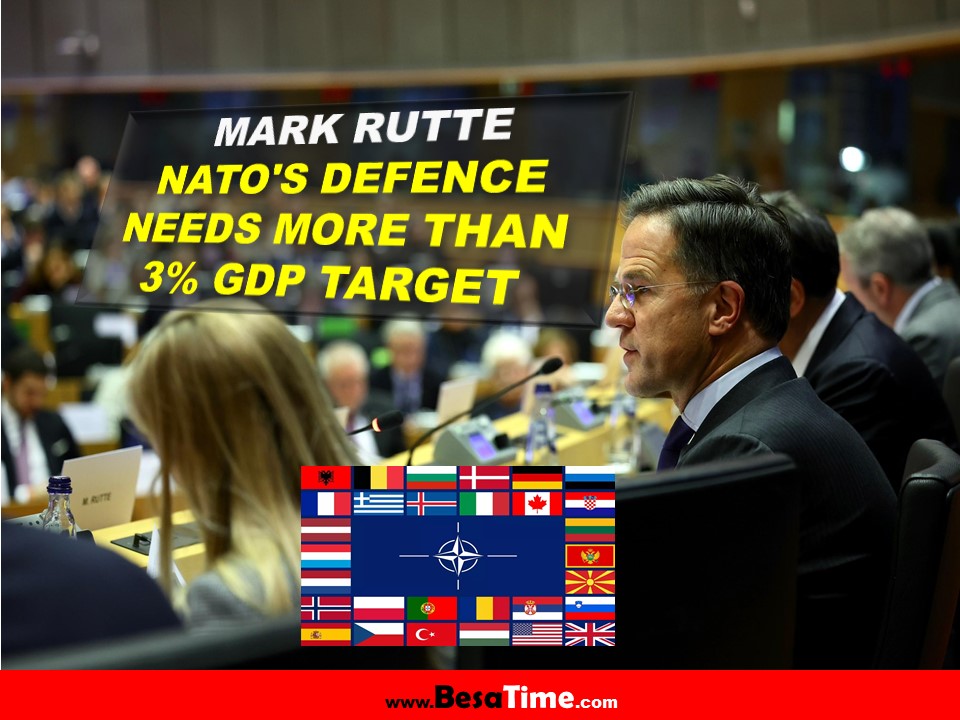
BESA TIME®
True News PortalITALY MULLS PROS AND CONS OF DECRIMINALISING CANNABIS

.
ITALY MULLS PROS AND CONS OF DECRIMINALISING CANNABIS
"If there were more clarity on the issue, people would know what we do can be carried out in a controlled and legal way. We’re just hoping that our trade can be regularised.” Euronews
Italy could add decriminalising cannabis to the list of possible referendums to be held next year.
There is already a move to have a public vote on legalising euthanasia.
Now, after a petition to decriminalise cannabis surpassed the half a million signatures needed to be eligible for a referendum next year, the Supreme Court will deliberate on whether to put it to a public vote.
If the campaign were to be successful, Italy would end up having one of the most liberal cannabis legislations in Europe, broadly on par with the Netherlands and Spain.
Pro-decriminalisation activists view this as a promising opportunity to shake things up in a country where drug usage is still heavily penalised and organised crime has a stronghold. Moreover, Italy’s thriving -- albeit heavily regulated -- legal “cannabis light” industry continues to grow and supports thousands of jobs.
For conservatives, nevertheless, it represents yet another threat to the country’s social fabric and they won’t let it pass without a fight.
The legal status of cannabis in Italy
Italy was the first country in Europe to decriminalise cannabis for personal use, following a 1993 referendum promoted by the Radical Party (Partito Radicale). Medical marijuana has been legal since 2007. Nine years later, a new law allowed for the cultivation of plants with no more than 0.6% THC -- such as hemp -- which thus led to a boom in the “cannabis light” industry, and the Supreme Court further ruled in 2019 that growing small quantities of cannabis domestically is permitted.
Nevertheless, the possession and sale of cannabis for recreational purposes remain illegal in Italy. There is a maximum six-year penalty for those accused of selling it. The so-called “Fini-Giovanardi” law of 2006 introduced harsh penalties for selling, possessing and cultivating marijuana on a par with those for hard drugs like heroin and cocaine -- leading to thousands of longer sentences and prison overcrowding -- although it was eventually repealed on the grounds it was unconstitutional by the Supreme Court in 2014. Moreover, even though medical cannabis has been legal since 2007, patients still reported significant hurdles and difficulties obtaining it a decade later.
Such contradictory rulings and policies over the years have left the legal status of cannabis a sort of “grey area”, thus prompting a significant degree of confusion and polarising public opinion. A 2020 study showed 47.8% of Italians were in favour of legalising light drugs, while 52.2% were against.
The new petition for a referendum on the decriminalisation of cannabis -- launched last month -- calls for the abrogation of Presidential Decree n.309 from 1990, thus effectively eliminating all cannabis-related criminal penalties.
With the petition having been significantly driven by online signatories -- following a recent law that allows people to sign through a digital platform -- pundits have heralded it the beginning of a new frontier in the Italian political landscape, whereby the internet and digital stratosphere will have an increasingly powerful impact on policy areas.
The case for decriminalising cannabis in Italy
Fighting for the legalisation of cannabis are a variety of organisations, minor parties and public figures -- primarily on the progressive wing of politics -- who are spearheaded by Meglio Legale (“Better Legal”), a project fighting for drug decriminalisation.
One of their primary arguments for liberalising existing anti-drug legislation is to take power away from the mafias, especially as campaign organisers have estimated that there are approximately six million cannabis users in Italy, making it an €8 billion industry.
“Italy has among the strictest drug laws in Europe,” Antonella Soldo, Meglio Legale’s coordinator, told Euronews. “And yet it has one of its biggest black markets and highest levels of youth drug use. Simply put, the repressive approach taken in the past thirty years has been proven not to work: while large-scale drug trafficking has gone unscathed, it’s been the low-level dealers, addicts, ‘cannabis light’ entrepreneurs, medical marijuana patients, and other consumers who have been hard hit.”
In Italy, organised crime continues to have a particularly powerful influence, especially as mafia syndicates are reported to earn more than €32 billion from trafficking narcotics - around as much as FIAT makes from its car sales.
Roberto Saviano, one of Italy’s most prolific anti-mafia activists and author of Gomorrah, has publicly supported cannabis legalisation for years, stating that it “hurts clans and saves youngsters”, as well as that “prohibition has failed”.
Pro-marijuana campaigners say the chance to decriminalise cannabis could have a hugely positive effect on Italy’s strained economy, adding €6 billion, creating up to 35,000 jobs, and further easing the load from Italy’s already-overcrowded jails.
Nevertheless, the fervour of pro-decriminalisation activists is not replicated within the progressive wing’s largest parties.
While the populist, anti-establishment Five Star Movement (Movimento Cinque Stelle) has supported moves towards decriminalising cannabis, the centre-left Democratic Party (Partito Democratico, PD) has been more reluctant to take a stance on an issue, fearing that it might alienate middle-ground voters. Neither party covered cannabis legalisation in their manifestos from the last general elections in 2018.
“It will be hard for institutions and big parties to ignore us,” Soldo stated. “The extraordinary response of hundreds of thousands of people who have signed the petition in the span of a few hours proves just how important this topic is.
“If the yes side wins, we’ll start working towards a necessary reform programme,” Soldo concluded. “All cannabis-related penalties would be removed, cultivation would no longer be a crime, and the most common sanction to date - the revocation of driving licences - would be abolished.”
The case against decriminalising cannabis in Italy
On the offensive against the decriminalisation of cannabis stands a coalition of conservative forces: from anti-abortion Catholic organisations to the centre-right political bloc.
The Northern League’s (Lega Nord) Matteo Salvini and Brothers of Italy’s (Fratelli d’Italia) Giorgia Meloni have been among the most outspoken critics of efforts to liberalise cannabis laws, regularly taking it to the streets and piazzas to rally against these new developments.
“Drugs are death,” Salvini quipped in Milan last month when asked for his thoughts on the cannabis petition, after having formerly declared that he would launch a "war" on the "cannabis light" industry during his tenure as Deputy Prime Minister.
Salvini himself has recently been embroiled in a widely-publicised drug-related scandal, as his social media manager -- whose friendship he continues to defend -- was arrested last week for allegedly dealing narcotic substances.
Opinion polls indeed show that right-leaning voters in Italy are overwhelmingly more opposed to cannabis legalisation than those on the left - with a 60% margin between the hardline populist Northern League and the social democratic PD.
Francesco Giubilei, an author and president of the conservative Tatarella Foundation (Fondazione Tatarella), is one such right-wing voter who has voiced his profound concern for the possible repercussions of decriminalising cannabis.
While young Italians tend to be the most supportive of cannabis legalisation -- with almost half of the petition’s signatories being under the age of 30 -- the 29-year-old Giubilei takes a different stance from the majority of those in his generational cohort.
“[Legalising cannabis] is wrong for many reasons,” he told Euronews. “Ethically for starters … something that many people seem to overlook.”
Giubilei further pushed back against those -- including anti-mafia campaigners like Saviano -- who call for the legalisation of cannabis as a way of tackling criminal organisations.
“When people talk about legalising cannabis as a way to fight organised crime, I think of a wonderful quote from [the late Sicilian judge] Paolo Borsellino: ‘It’s amateur criminologists who think that by liberalising drug trafficking the entire illegal drug trade will vanish and we’ll effectively declaw the mafia.’”
“The risk is that we’d end up ‘legalising’ organised crime,” Giubilei added, “resulting in the mafia infiltrating the real economy even further.”
But for Giubilei, the biggest perceived threat would be cultural, something he shares with many on the right, who are deeply concerned that decriminalising cannabis would lead to a kind of mass cultural degeneration.
“We’d effectively be telling young people that it’s perfectly ok to go buy a drug and use it,” Giubilei concluded. “I find this to be a devastating message for younger generations.”
The concerns of those working in the 'cannabis light' industry
While conservatives and progressives clash both inside and outside Rome’s parliament halls, at the debate’s heart lie those working in Italy’s growing legal cannabis industry - who are longing for an easy breakthrough and prompt resolution to their frustrations.
Federico and Marcello* run a ‘cannabis light’ shop - part of a bigger chain - in Via del Corso, Rome’s main thoroughfare, and a stone’s throw from Montecitorio, the seat of the Lower House of Parliament.
Surrounded by opulent neoclassical buildings and Baroque churches, the tiny store -- selling all kinds of cannabis-themed goods and blasting pulsating pop music -- is an unusual sight, but an increasingly frequent one in Italian cities, with an estimated 2,000 similar shops and dispensers around the country.
Back in 2019, then-Deputy Prime Minister Matteo Salvini openly stated on a popular talk show, Otto e mezzo, that he would “look into the 1,000 cannabis shops that have opened all across Italy and close them down."
"Cannabis light" has been a booming industry since a law was passed in 2016, creating approximately 12,000 jobs in a country. Nevertheless, it has not been without its troubles. Strongly contested by social conservatives, tightly checked by law enforcement, subject to draconian rules (including clearly-labelled packaging), and accused of selling a “useless” and “overpriced” product by cannabis enthusiasts, its success is marred by severe challenges, leaving those working in the field feeling disorientated and dispirited.
Sharing such a sentiment, Federico and Marcello spoke to Euronews about their situation.
“We’re persecuted!” Federico quipped. “I jest. But we’re definitely extremely monitored and targeted.”
“My colleague, who has another [cannabis light] shop, even got accused of drug dealing,” Marcello added.
Looking to the likelihood of a referendum as the possible light at the end of a tunnel -- with approximately 57% of Italians expected to support the proposal -- Federico and Marcello remain hopeful. Nonetheless, their optimism is dosed with a degree of scepticism.
“We have to see what laws prop up,” added Federico. “If legal cannabis ended up being taxed to high hell, it would be a double hit for us.”
Both Federico and Marcello feel that the current legal status of cannabis does nothing more than befuddle the public and others working in the marijuana trade and that it’s time for a change.
“People are confused about the current situation,” Federico concluded. “If there were more clarity on the issue, people would know what we do can be carried out in a controlled and legal way. We’re just hoping that our trade can be regularised.” Euronews


Breaking the impasse: How a Turkish–Russian deal could light up the way
Breaking the impasse: How a Turkish–Russian deal could light up the way A Turkish-Russian Grand Bargain to trade support of northern Cyprus for Crimea and Syria might well flip the dynamic in West Asia. Both would gain and NATO...

2020 ANTICORRUPTION CHAMPIONS
2020 ANTICORRUPTION CHAMPIONS...
ROME60, EU: OUR UNION IS UNDIVIDED AND INDIVISIBLE
ROME60, EU LEADERS PLEDGE UNITY ON 60TH ANNIVERSARY: OUR UNION IS UNDIVIDED AND INDIVISIBLE...










